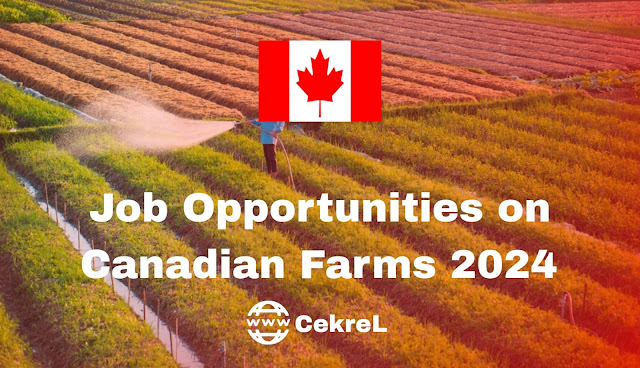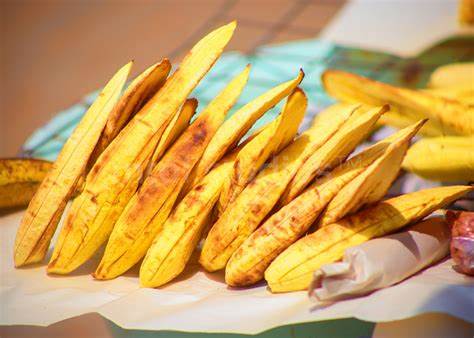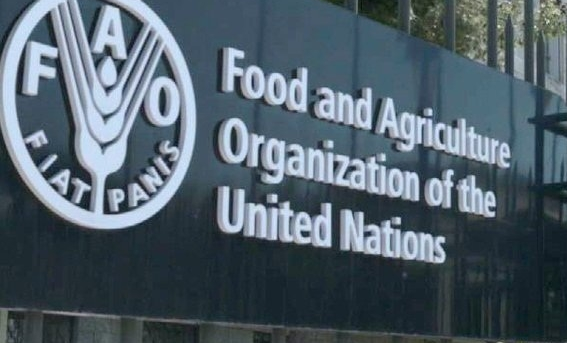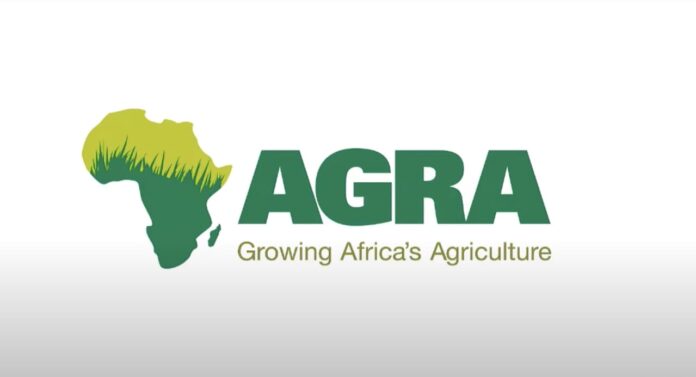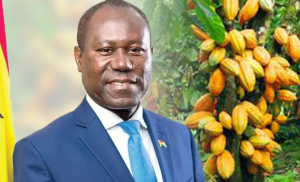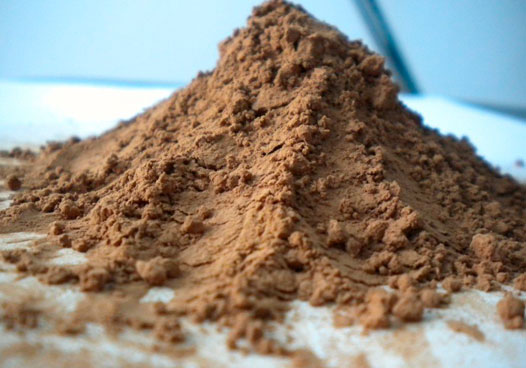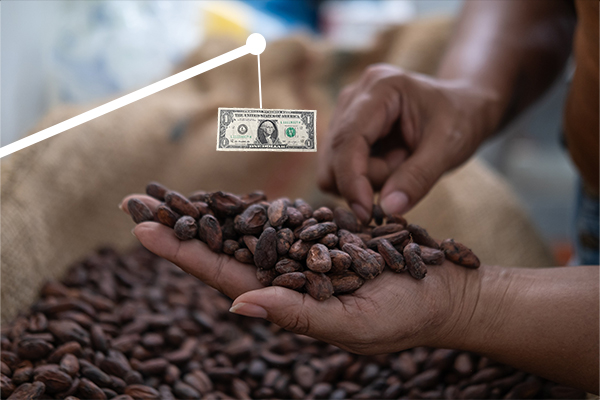You can apply for farm jobs in Canada even if you are not a Canadian resident. Many farm jobs offer free visa sponsorship, making it easier for foreigners to work in Canada. This guide will help you understand the types of farm jobs available, their benefits, and how to apply.
- Farm Jobs and Visa Sponsorship
- Benefits of Farm Jobs with Visa Sponsorship
- Additional Benefits
- How to Apply
- Available Farm Jobs
- Frequently Asked Questions
- Conclusion
Farm Jobs and Visa Sponsorship
Farm jobs in Canada are open to people from all over the world. If you have farming skills, you can apply for these jobs under various visa programs offered by the Canadian government. Farming is a major part of Canada’s economy and offers many opportunities.
Benefits of Farm Jobs with Visa Sponsorship
Working on a farm in Canada with visa sponsorship offers several benefits:
Visa Sponsorship
Join Telegram groupJoin Now
Join whatsapp groupJoin Now
MORE JOBS ( June 2024)
Free visa sponsorship helps foreign workers enter Canada more easily. The process includes obtaining work permits and visas, which are necessary for legal residency and employment.
Quick Employment
The agriculture sector often needs workers urgently, especially during planting and harvesting seasons. This means you can start working and earning money quickly.
Competitive Salaries
Farm jobs offer competitive salaries. During busy times, such as harvest season, you can earn even more.
Benefits and Housing
Some farm employers provide housing, meals, healthcare, transportation, and access to recreational facilities. These benefits add to your overall compensation.
Practical Knowledge
Working on a farm gives you practical skills in planting, harvesting, livestock care, and crop maintenance.
Opportunities for Advancement
Starting with entry-level jobs, you can advance to higher positions in animal husbandry, crop production, farm management, and agricultural research.
Work-Life Balance
Farm jobs often allow you to live and work in beautiful rural areas, providing a good balance between work and personal life.
Contribution to Food Security
By working in agriculture, you help produce food for local and international markets, contributing to food security and sustainability.
Additional Benefits
Community Engagement
Working on a farm lets you participate in local markets, festivals, and agricultural activities, helping you build connections with other farmers and community members.
Environmental Stewardship
Many farms in Canada focus on sustainable practices, allowing you to contribute to environmental conservation and biodiversity.
How to Apply
To apply for farm jobs in Canada, you need a work permit with visa sponsorship from the employer. Here are three ways to work in agriculture in Canada with free visa sponsorship:
- Express Entry with a Job Offer: Apply directly through the Express Entry program with a job offer.
- Provincial Nominee Program (PNP): Get recognized at the provincial level for your skills and apply through PNP.
- Job-Specific Work Permit: Apply for a work permit specific to your job offer.
Available Farm Jobs
Laughing Coyote Orchards
Position: Fruit Sorter
Tasks: Sorting fruits like berries by size, color, and grade
Requirements: Proficient in English, French is a plus
Education: High school diploma
Salary: $15.20 per hour
Accommodation: $30.00 per week
Additional Benefits: Relocation support, travel aid, health insurance for the first three months
How to Apply: Send an email to laughingcoyoteorchards@gmail.com
Johal Berry Farms
Position: General Farmworker
Tasks: Weed management, pesticide spraying, planting, fertilizing, growing, and irrigation of blueberries
Requirements: No specific requirements
Salary: $15.20 per hour
How to Apply: Send your resume to johalberryfarmsjobs@gmail.com or mail to 14318 Neaves Road, Pitt Meadows, BC, Canada
Barasch Farms Ltd
Position: Farmer
Tasks: Manage farming operations, oversee agricultural laborers, operate heavy machinery, perform physical labor
Requirements: Prior farm experience, full-time, 8-hour workdays
How to Apply: Send an email to hf.meyers@icloud.com
Frequently Asked Questions
How can I work on a farm in Canada?
You can find farm labor jobs without any formal training. However, if you want to advance, a diploma or degree in plant sciences, agricultural welding, tree pruning, pesticide application, or farm equipment mechanics is helpful.

